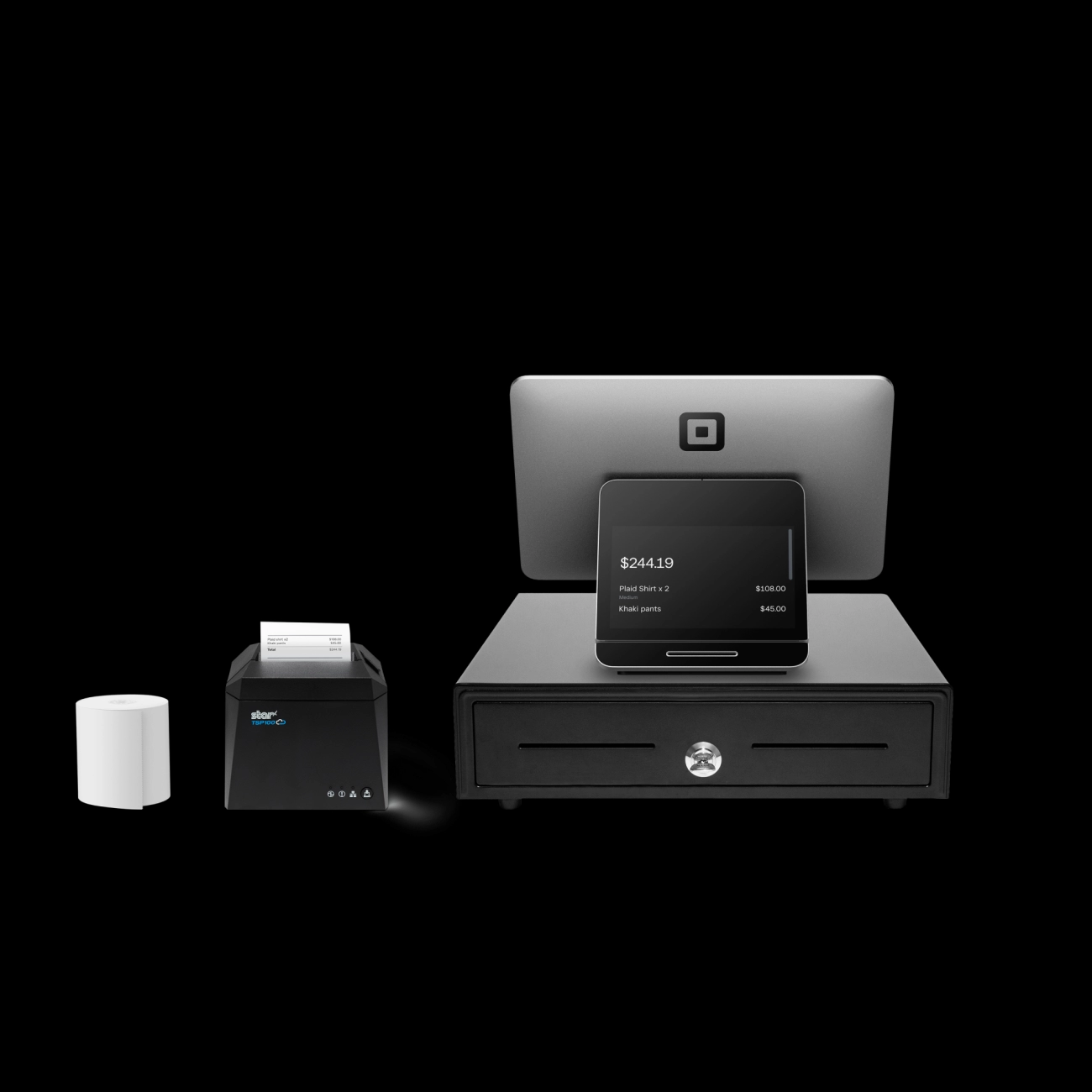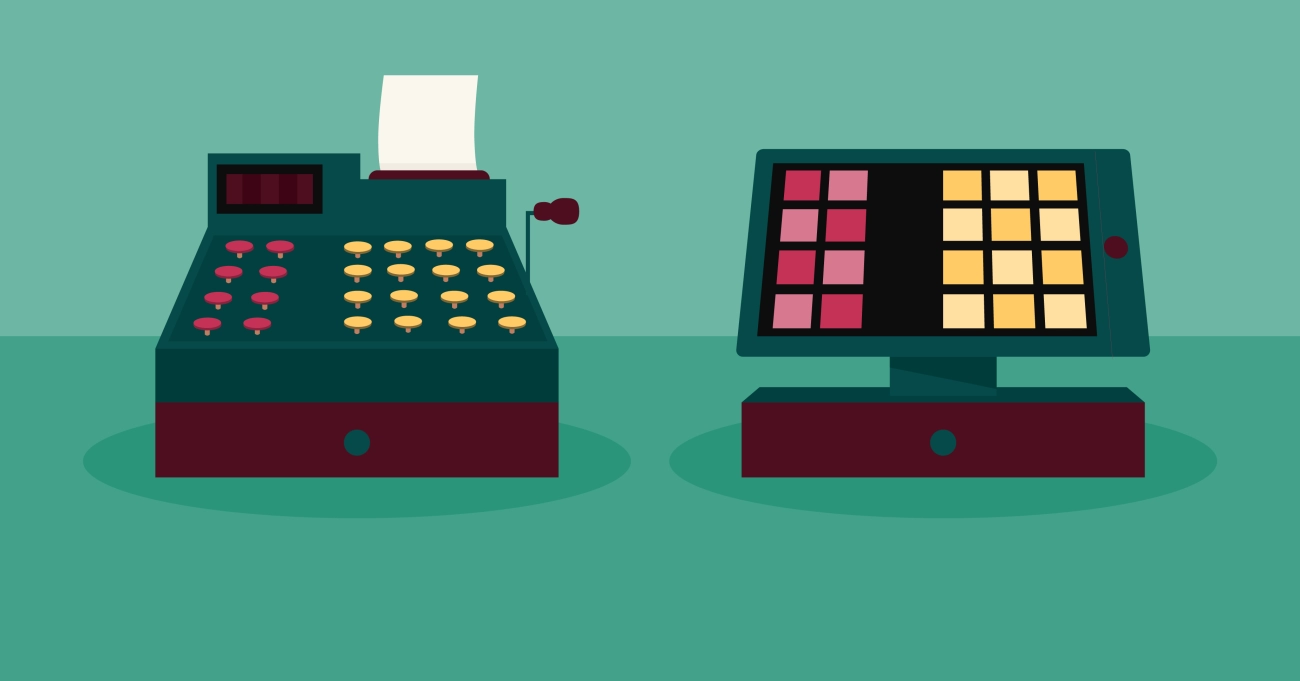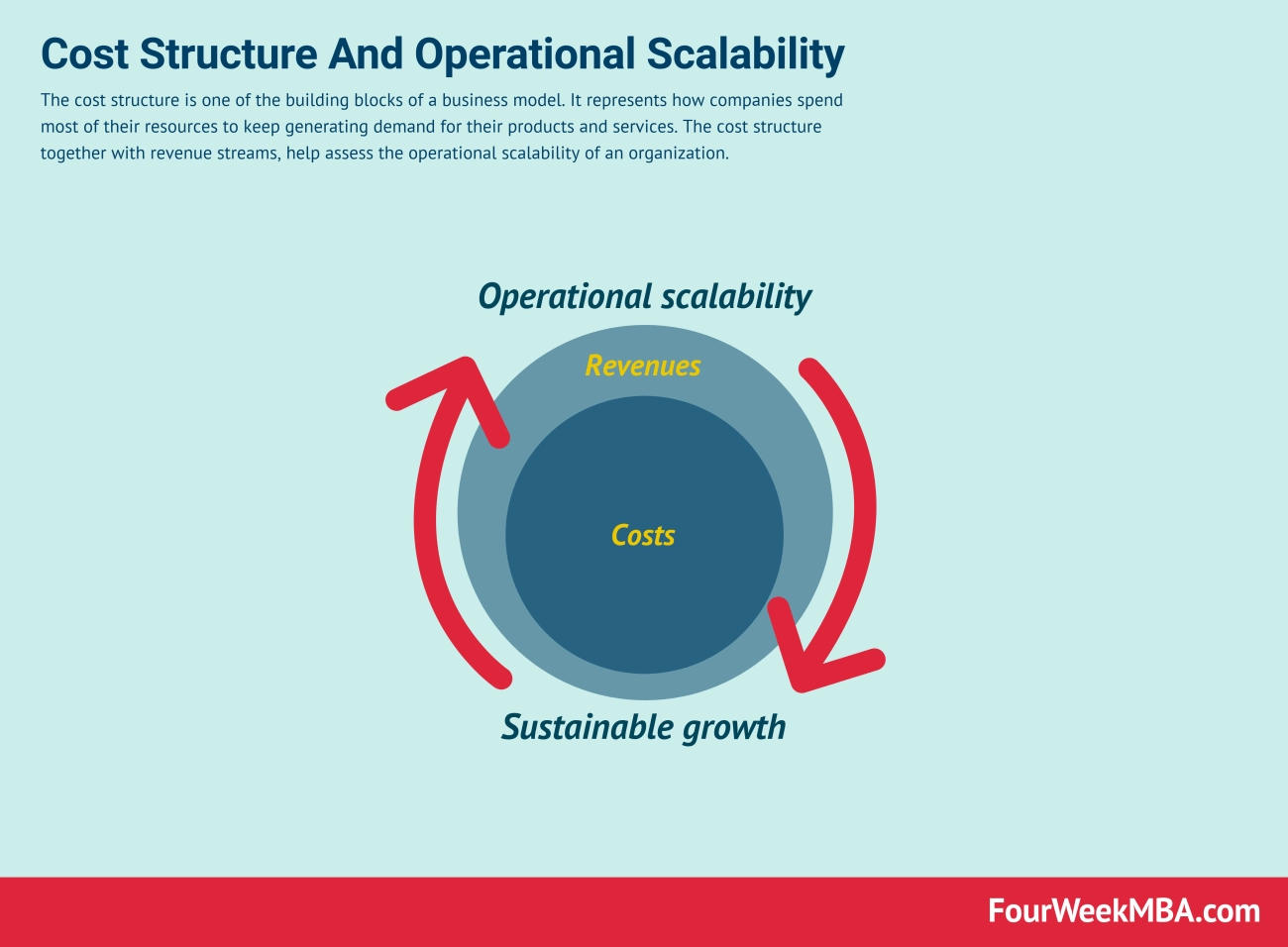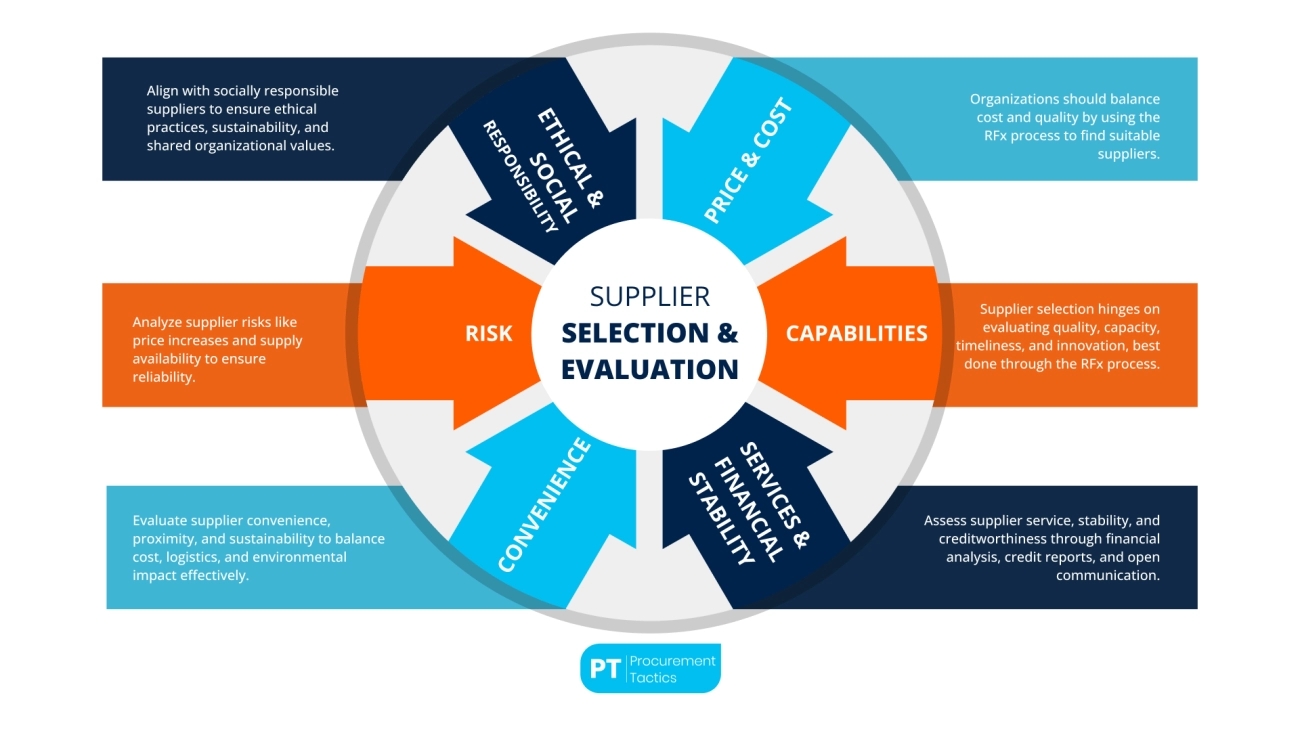Private Label Cash Registers Custom POS Solutions for Retail Businesses

Struggling to stand out with generic point-of-sale systems? Private label cash registers are the game-changer your retail business needs. Imagine having a fully custom-branded POS solution that not only fits your unique style but also boosts efficiency and integrates seamlessly with your sales channels. Whether you’re a reseller or a small business owner, white-labeling your checkout tech means faster setup, cost savings, and total control over your customer experience. In this post, you’ll discover why shifting to a private label cash register can elevate your brand—and how partnering with SDLPOS makes it simple and scalable. Ready to break free from one-size-fits-all systems? Let’s dive in.
Private Label Cash Registers Key Features to Look For Who Needs Them

Private label cash registers offer businesses a unique opportunity to customize point of sale hardware and software with their own branding while leveraging proven technology. Unlike standard off-the-shelf POS systems, these custom branded cash registers allow retailers and resellers to create a tailored checkout solution that aligns perfectly with their brand identity and operational needs.
Key Features to Look For in Private Label Cash Registers
When choosing a private label cash register, focus on these critical features to ensure seamless integration and long-term value:
- Brand Overlay and Label Customization – The ability to perform vendor re-labeling and apply your brand’s logo prominently on devices is vital for professional presentation and customer recognition.
- Cloud-Based White Label Register Options – Scalability and remote management make cloud-based systems adaptable for growing businesses, facilitating real-time inventory updates and sales tracking.
- POS Customization for Resellers – Ensure the software supports rebrandable point of sale software and label switching, allowing easy adaptation to different markets or client needs.
- Hardware Compatibility and OEM POS Supplier Support – Work with a trusted OEM POS hardware supplier who can deliver reliable devices that support your customization preferences, including touchscreen functionality and mobile payment integration.
- Inventory Management Integration – Look for branded inventory management POS capabilities that streamline stock control, purchase orders, and sales analytics within the private label system.
Who Needs Private Label Cash Registers
Private label cash registers suit a diverse range of businesses and entrepreneurs:
- Retailers and Resellers looking to expand their offering with wholesale private label POS kits that showcase their brand.
- Small to Medium Enterprises (SMEs) aiming for scalable white label terminals that evolve with their business growth, helping maintain a strong brand identity.
- Franchise Operators who require consistent, branded checkout experiences across multiple locations without the overhead of developing custom software.
- Startups and Innovative Retailers wanting to enter the market quickly with personalized, custom branded cash registers that add professional polish and operational efficiency.
Understanding the unique value of private label solutions can transform how your business manages sales and customer interaction—leading to a more cohesive brand experience and operational advantage. For a closer look at the technology behind modern registers, see What Is a Modern Cash Register.
The Business Case for Private Label Cash Registers Cost Breakdown and Scalability for Growth

Investing in a private label cash register makes strong business sense for many retailers and resellers in the U.S. market. By choosing white label POS systems, businesses gain control over branding, streamline operations, and build customer trust with custom branded cash registers that align perfectly with their image.
Understanding the Cost Breakdown
When considering a private label retail checkout solution, it’s important to look beyond the sticker price. Costs typically break down into:
- Initial Hardware and Software: Purchasing wholesale private label POS kits or OEM POS hardware supplier packages. This includes rebrandable point of sale software and vendor-specific hardware that can be customized.
- Customization Fees: Charges for label switching, brand overlay, and re-labeling hardware to achieve the desired vendor adaptation and brand application.
- Integration and Setup: Expenses related to integrating the system with existing inventory management or payment solutions.
- Training and Support: Staff training on the branded inventory management POS and ongoing technical support.
- Maintenance and Upgrades: Updating or scaling cloud-based white label registers ensures longevity and security.
Overall, a private label cash register offers cost efficiency by combining multiple needs into one customizable system while maintaining competitive pricing compared to off-the-shelf alternatives.
Scalability for Business Growth
One of the key benefits of private label cash registers is their scalability. As your business grows, a scalable white label terminal can expand without costly replacements or disruptions. Key scalability features include:
- Modular Hardware: Add or upgrade components without replacing the entire setup.
- POS Customization for Resellers: Adapt software functions such as promotions, inventory tracking, and payment processing to growing business demands.
- Cloud-Based Flexibility: Cloud-based white label registers allow easy remote management of multiple locations and centralized data analytics.
- Brand Consistency Across Outlets: Maintain a unified brand experience with consistent vendor re-labeling and label customization across all terminals.
Scalability ensures that your private label cash register investment supports long-term goals, saving money and effort as your retail operation expands.
For more insights on choosing the right supplier and the benefits of modern POS systems, check out our guide on how to select the best cash register supplier and learn why small businesses need modern cash registers.
Spotlight on SDLPOS Private Label Cash Registers Our Private Label Process and Real-World Examples
When it comes to private label cash register solutions, SDLPOS stands out as a trusted OEM POS hardware supplier and provider of rebrandable point of sale software tailored for the U.S. market. Their approach is designed to make the private label retail checkout experience seamless, scalable, and customer-focused.
Our Private Label Process with SDLPOS
SDLPOS offers a clear pathway for businesses wanting to enter the market with their own branded register systems. The process includes:
- Assessing Needs: SDLPOS works with you to understand your specific requirements, from hardware specs to software features that reflect your brand identity.
- Vendor Re-labeling and Brand Overlay: Their team handles the entire re-labeling hardware and brand application process, replacing generic logos and designs with your custom branding.
- Customization and Software Integration: This includes adapting the cloud-based white label register software to fit your inventory management and sales flow, ensuring a smooth POS customization for resellers experience.
- Quality Testing and Packaging: SDLPOS performs rigorous testing on every unit, including rebranded devices, before delivering wholesale private label POS kits ready for your distribution or direct use in your stores.
By managing these steps, SDLPOS helps clients skip the usual complexities of sourcing, assembly, and branding, delivering a product that looks and feels uniquely their own.
Real-World Examples of SDLPOS Private Label Cash Registers
Many U.S.-based retail chains, convenience stores, and small to mid-size businesses have successfully launched their own branded checkout terminals using SDLPOS. Examples include:
- Neighborhood Grocery Chains: Upgraded from generic cash registers to custom branded cash registers featuring their logos and tailored inventory management systems.
- Local Coffee Shops: Adopted the scalable white label terminals for quick deployment during growth phases without investing heavily in new systems.
- Regional Retailers: Used SDLPOS’s brand overlay services to rebrand existing hardware, giving their checkout points a fresh, professional look aligned with their marketing.
These real cases highlight how SDLPOS’s private label solutions help businesses maintain brand consistency while controlling costs and improving customer service.
In , if you’re thinking about offering a private label cash register under your brand, SDLPOS provides a professional, reliable, and fully customizable process. Their deep expertise in vendor-specific branding, label customization, and software syncing makes them an ideal partner for U.S. businesses focused on growth and unique brand presence.
Step-by-Step Guide to Private Label Cash Register Success

Implementing a private label cash register system takes careful planning and execution. Here’s a straightforward approach to help businesses tap into the benefits of custom branded cash registers, from assessing needs to ongoing optimization.
Assess Business Needs and Define Goals
Before choosing any solution, understand your business requirements clearly. Consider:
- The size of your operation and transaction volume
- Integration needs with existing inventory or payment systems
- Desired level of customization for branding and features
- Whether you want a cloud-based white label register or an on-premise setup
Taking time here ensures your final choice matches your operational flow and customer expectations.
Select the Right OEM POS Hardware Supplier
Choosing a trusted OEM POS hardware supplier is key. Look for:
- Experience in rebrandable point of sale software and hardware
- Ability to provide scalable white label terminals that can grow with your business
- Support for vendor re-labeling and brand overlay to make the products truly your own
- Competitive pricing, including options for wholesale private label POS kits
A reliable supplier will also provide comprehensive documentation and responsive customer service.
Customize and Test Your Private Label Cash Register
Next, work closely with the vendor to customize the cash register to reflect your brand and functional needs. This involves:
- Label customization and brand application to achieve a professional rebranded device
- Tailoring software features, such as branded inventory management POS modules
- Running thorough tests to ensure hardware and software operate smoothly together
Testing uncovers any issues early, preventing disruptions once your system goes live.
Train Your Staff Effectively
A smooth transition depends on your team’s familiarity with the new system. Provide:
- Clear training on how to operate the customized cash registers
- Guides on troubleshooting common glitches during daily use
- Regular refreshers to keep staff confident as features evolve
Well-trained staff minimize downtime and enhance customer experience.
Monitor Usage and Optimize Regularly
After deployment, monitor performance continuously. Focus on:
- Transaction accuracy and speed
- System stability under peak loads
- Feedback from staff on user experience
- Opportunities for future enhancements or upgrades
Regular check-ins help future-proof your investment, making your private label retail checkout operate efficiently as your business scales.
For more detail on selecting and ordering hardware at wholesale prices, check out our guide on order cash register hardware with bulk discounts. Also, understanding the differences between POS and traditional cash registers will help you decide the level of customization needed—see cash register vs POS system differences.
Overcoming Common Challenges with Private Label Cash Registers
Running a private label cash register setup comes with its share of hurdles, but most issues are manageable once you know what to expect. The rebranding process and label customization can sound complicated, but working with the right OEM POS hardware supplier and software partners who specialize in vendor-specific branding smooths out the path.
Typical challenges include:
- Integration glitches: Ensuring the custom branded cash register works seamlessly with existing payment systems and inventory.
- Staff adaptation: Training employees on new, rebranded devices without disrupting daily operations.
- Supply consistency: Maintaining steady availability of wholesale private label POS kits to avoid downtime.
- Updating software: Keeping the rebrandable point of sale software fresh while preserving custom features.
Addressing these challenges early with thorough testing and clear communication helps avoid costly setbacks.
Budget Myths Debunked for Private Label Cash Registers
Many businesses hesitate, thinking private label cash registers mean sky-high upfront costs or hidden fees. This isn’t always true.
- Most setups are scalable: Start modestly with a cloud-based white label register and grow your hardware and software features over time.
- Cost-effective sourcing: Buying through wholesale or from an OEM POS hardware supplier reduces unit prices significantly.
- Customization doesn’t equal costly: Basic POS customization for resellers like logo changes or brand overlay often come without large extra charges.
- Training and support included: Many providers bundle staff training and ongoing support into the package, helping you stay on budget.
When you weigh these factors, private label systems often come out cheaper in the long run than off-the-shelf alternatives with less branding control.
Future-Proofing Your Private Label Cash Register System
Investing in a private label retail checkout should be about setting up your business for long-term success. Here’s how to keep your system future-ready:
- Choose scalable systems: Opt for a scalable white label terminal that can handle added features as you grow.
- Cloud integration: Selecting a cloud-based white label register ensures updates and backups happen automatically.
- Flexible software: Make sure the rebrandable point of sale software supports easy upgrades and integrations without overhauls.
- Vendor relationships: Partner with vendors who offer ongoing support and update paths, avoiding dead-end hardware or software.
- Data security: Prioritize systems designed with modern security best practices to protect customer and business data.
By focusing on these areas, your private label cash register stays relevant and reliable no matter how the retail landscape evolves.
